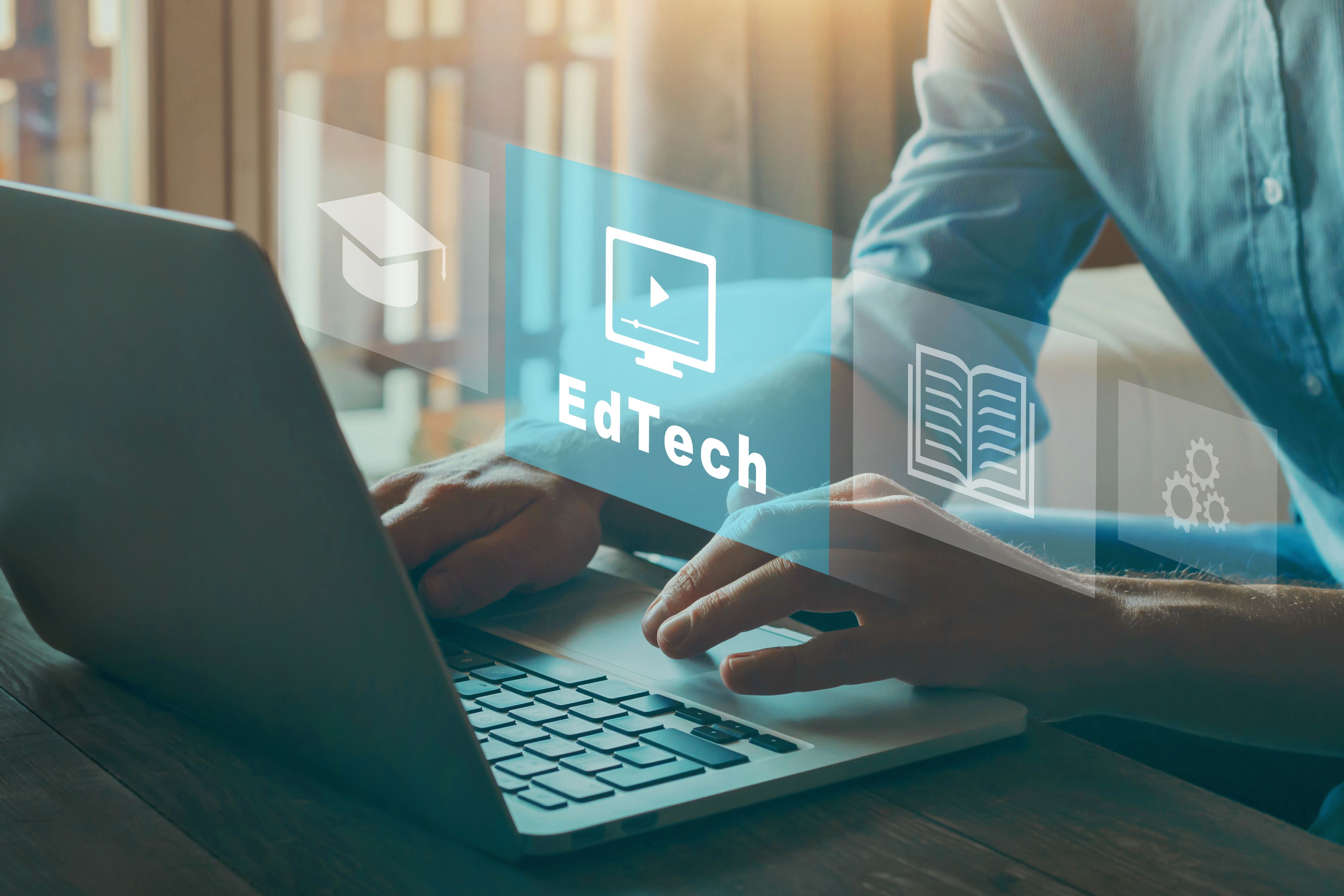Understanding and Enhancing Learner Motivation in Education
JT
Understanding Learner Motivation
Motivation is a crucial element in the learning process, driving students to engage with material, persist through challenges, and ultimately achieve their educational goals. Understanding what motivates learners requires an exploration of both intrinsic and extrinsic factors. Intrinsic motivation refers to the internal desire to learn for the sake of knowledge and personal growth, while extrinsic motivation involves external incentives such as grades or rewards.
Educators often face the challenge of tapping into these motivational drivers to promote effective learning. By recognising individual differences in motivation, teachers can tailor their approaches to meet diverse student needs. This personalised attention not only fosters a positive learning environment but also encourages students to take ownership of their education.

Factors Influencing Motivation
Several factors play a role in shaping learner motivation. These include the learning environment, teaching methods, and personal interests. A supportive and stimulating classroom setting can significantly enhance student engagement. Teachers who employ varied instructional strategies, such as collaborative projects or hands-on activities, often see increased enthusiasm among learners.
Another critical factor is the relevance of the material. When students perceive a subject as relevant to their lives or future careers, they are more likely to invest effort in learning it. Educators can enhance motivation by connecting lessons to real-world applications and helping students understand the value of what they are learning.

Strategies to Enhance Motivation
To effectively boost learner motivation, educators can adopt several strategies. Firstly, setting clear and achievable goals provides students with a sense of direction and purpose. When learners see a clear path to success, they are more likely to stay motivated and focused.
Secondly, providing regular feedback is essential. Constructive feedback helps students understand their progress and areas for improvement, fostering a growth mindset. When learners feel that their efforts are recognised and valued, their motivation to continue striving increases.

Encouraging Self-Determination
Promoting self-determination among learners is another effective approach. This involves giving students some control over their learning processes. Allowing students to choose topics for projects or select the methods they prefer for completing assignments can enhance their intrinsic motivation by fostering a sense of autonomy.
Additionally, encouraging self-assessment and reflection can help students develop a deeper understanding of their learning journey. When students evaluate their progress and set personal goals, they become more engaged and motivated to achieve them.
The Role of Technology
In today's digital age, technology plays a significant role in enhancing learner motivation. Interactive tools and educational software can make learning more engaging and accessible. Gamification, for example, incorporates game-like elements into educational activities, making them more enjoyable and motivating for students.
Furthermore, online resources provide learners with the opportunity to explore subjects at their own pace and according to their interests. This flexibility can lead to increased motivation as students pursue knowledge that aligns with their passions.

